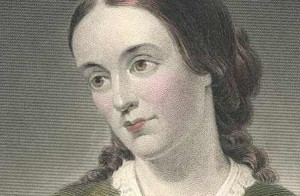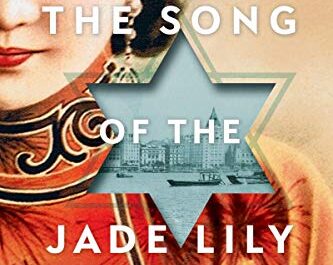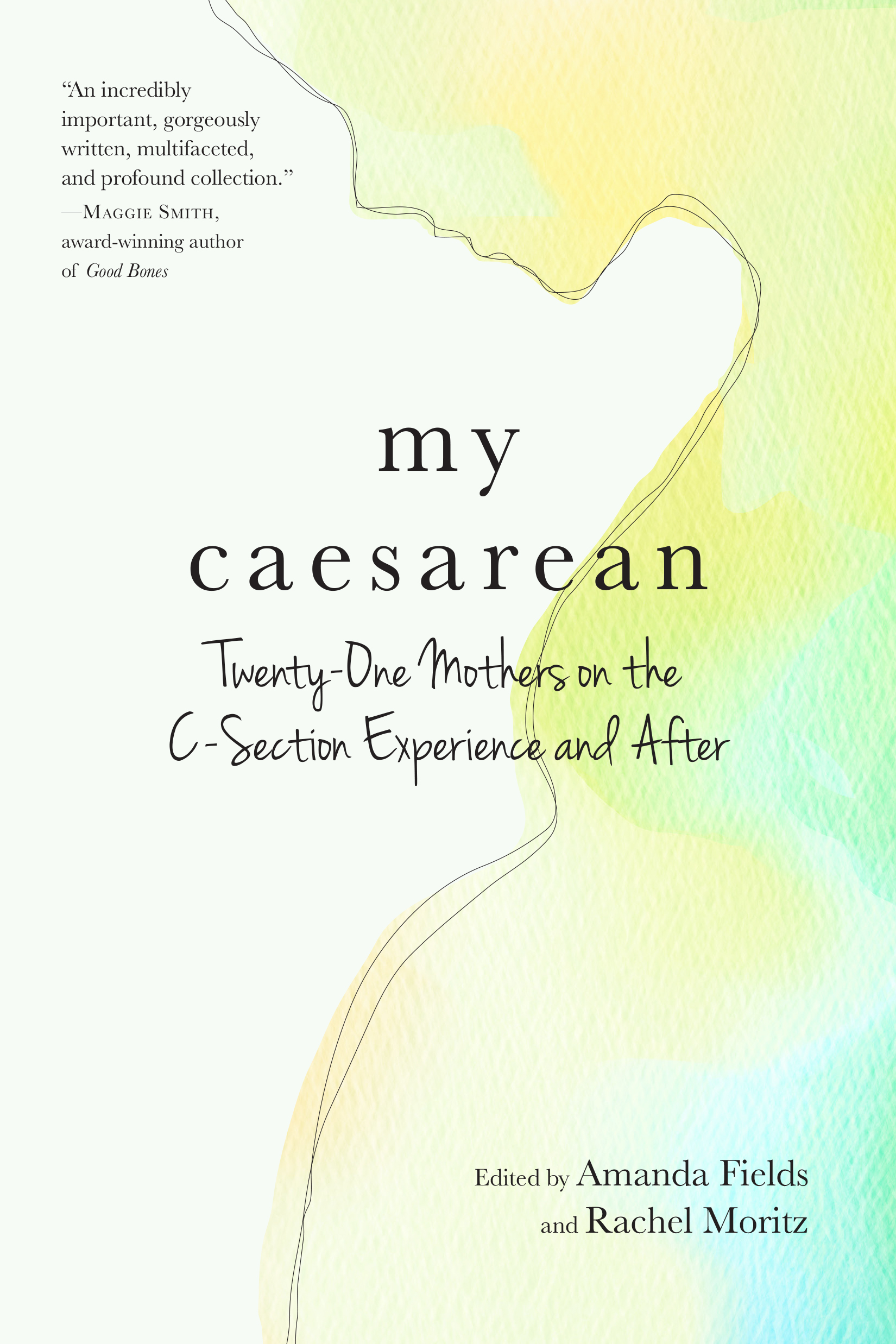
Quite by accident, while wandering through my local university library, I picked up Woman in the Nineteenth Century (your free copy available at Project Gutenberg, here). Margaret Fuller, I thought. That name rings a bell. It will be about American women in the 19th century, and my current research interest is British women of the 19th century, but perhaps there will be some correspondences or, lacking that, inspiration. Margaret Fuller, I thought again to myself. How do I know that name?
Yes, well that you should laugh, and I ought to be embarrassed. Margaret Fuller! America’s first feminist! Journalist, literary critic, war correspondent, editor, transcendentalist, equal rights activist–the bicentennial website celebrating her accomplishments is, at last peek, still up if not active, so important is she. In my meager defense, I can only admit that, in focusing on British literature, from its very beginnings only up to, approximately, Virginia Woolf, I have huge lacunae in my experience of American literature. The Scarlet Letter. Moby-Dick. Uncle Tom’s Cabin. I should just stop right now before revealing my utter ignorance, and undermining my credentials to say anything at all about literature, much less American women of letters. (On the other hand, it is rather exciting to know I have such immense pleasures waiting for me on my reading list — once I get through all the medieval romances I’m eager to read).
All I will say now, for purposes of time and credibility, is that I’m enjoying her hugely. Like reading Shakespeare, it takes a certain sensibility, a bit of practice, to ease back into the twists and circuitry of mid-century Victorian prose–its reliance on metaphor and dense imagery, its moral declarations, its sprawling periodic sentences. Fuller is actually remarkably clear, if as prone as anyone of her period to fulsome and hugely generalized sentiments; in her tentative and very gradual introduction to the very cautious and tentatively postulated idea of equality is this rather representative paragraph:
Here, as elsewhere, the gain of creation consists always in the growth of individual minds, which live and aspire, as flowers bloom and birds sing, in the midst of morasses; and in the continual development of that thought, the thought of human destiny, which is given to eternity adequately to express, and which ages of failure only seemingly impede. Only seemingly; and whatever seems to the contrary, this country is as surely destined to elucidate a great moral law, as Europe was to promote the mental culture of Man (25).
Oh, why don’t people write like that anymore? Why don’t people think like that anymore? Oh, wait: two apocalyptic World Wars, modernism, deconstruction, poststructuralism, critical theory, and the invention of TV.
But I digress. Fuller’s first essay on women and equality appeared in the The Dial, in 1843, and the book version came out in 1845. (It has a 3 of 5 star rating on Google Books, and a slightly more impressive 3.7 star rating on Goodreads.) The edition I’m currently reading, by Greenwood Press in 1968, preserves a preface by her brother (who apologizes for his hubris in being the one to write the introduction, wishing there were someone better–somewhat like the medieval modesty topos introducing all the great romances and epics) and the introduction by her editor and friend Horace Greeley, and these are the two pieces that have prompted me, well outside of my expertise, to write.
It’s not fair to look back at a fundamentally different time period and cultural view and say, “Tee hee! Is that not quaint! How cute they believed that then!” I know this full well. What strikes me is that what Fuller is addressing is still deeply familiar, that so many of the attitudes she identifies are still lurking, if in some respects buried, in the mainstream cultural mindset, or in other respects not remarked upon, much like the elephant in the room. And this after first-wave feminism, and second-wave feminism, and third-wave feminism, into whatever we have now–neofeminism? post feminism? A shifting and dangerous morass of conflicting and sometimes quite radical political beliefs? — But I shall save all these for Initial Thoughts, part 2.
Here are the two main points her brother hits in his introduction: 1) She was not one of those women who, carried away by her intellectual ideas or literary pursuits, neglected her domestic duties. Oh no, she was quite domestically proficient, and any number of her correspondents can confirm this. Moreover, there’s that time I was mortally ill and she nursed me, selflessly and devotedly. 2) She was a doctrinally sound Christian, and her wild ideas yet came from honest and worthy belief. And I know this, because I’m her brother, so naturally I got to see her close-up, and knew a lot of her secrets. Did I mention the time I was sick and she nursed me, etc. etc.?
It strikes me as so profoundly and utterly odd, wonderful, appalling, and revealing that her brother, in his not-so-subtle apologetic for what may be perceived as the outre ideas and radical activism of his sister, should insist, in order to establish her credibility, upon her womanliness (being defined by, in fact synonymous with, domestic capabilities–whatever those are) and her pure faith. Here’s what he has to say about intellectual women–a backhanded compliment if I ever heard one:
It is often supposed that literary women, and those who are active and earnest in promoting great intellectual, philanthropic, or religious movements, must of necessity neglect the domestic concerns of life. It may be that this is sometimes so, nor can such neglect be too severely reprehended; yet this is by no means a necessary result. Some of the most devoted mothers the world has ever known, and whose homes were the abode of every domestic virtue, themselves the embodiment of all these, have been women whose minds were highly cultured, who loved and devoted both thought and time to literature, and were active in philanthropic and diffusive efforts for the welfare of the race (iv, emphasis mine).
Oh, my. The Angel of the House might yet possess a modicum of intelligence, the ability to speak or read several languages, might enjoy reading something slightly toothier than the latest household journal or woman’s magazine, and might take the time to devote herself to charitable activities, without in any way diminishing her achievement of domestic virtue. Thank you. I think. Did A.B. even read his sister’s work? Here we have a peek, I suspect, into what first-wave feminism dared to suggest, and what it quite emphatically was not prepared to suggest–that is, to dethrone the idea that all things domestic/private/household/mothering belong solely, exclusively, and inherently to Woman, and is both the avenue for exercise and signal achievement of her Virtue. Whew.
The second apologetic comes in Greeley’s short introduction, and reveals the logic by which first-wave feminism threw its first careful rocks against the Establishment. Greeley anticipates that the mob’s “shallow retort” to pleas for legal reform recognizing equality for women will follow the lines of “It is a woman’s business to obey her husband, keep his home tidy, and nourish and train his children” (ix). To which one might argue, well, what if the woman doesn’t marry? Or her husband dies? Or he is a drunk profligate and one obeys him at one’s peril? He anticipates that the mob will have no response to this, and that is why legislative reform has lagged.
So let me see if I can paraphrase this correctly: the logic of the argument has nothing to do with equality as a philosophical idea or a legal right, but the problem is the identification of an occasional flaw in the system (when a woman is not a wife, or is oppressed by her husband). This suggests one might proceed by creating a safety net for the unwedded, caulking the cracks in the system, as it were–with no suggestion that the real solution might be to topple the existing status quo and start entirely anew.
But that might be too radical for even many of our postmodern, poststructuralism, post-TV age minds to grasp, I suspect. The history of feminism, in this country in particular, can tell us very much about what we have succeeded in achieving (as measured by either abstract conceptions or practical metrics) and what work yet remains to be done, if there is indeed any consensus or shared vision about what it might take for women to have real equality in this free and mighty land of ours. I can’t wait to hear what Fuller has to say.

